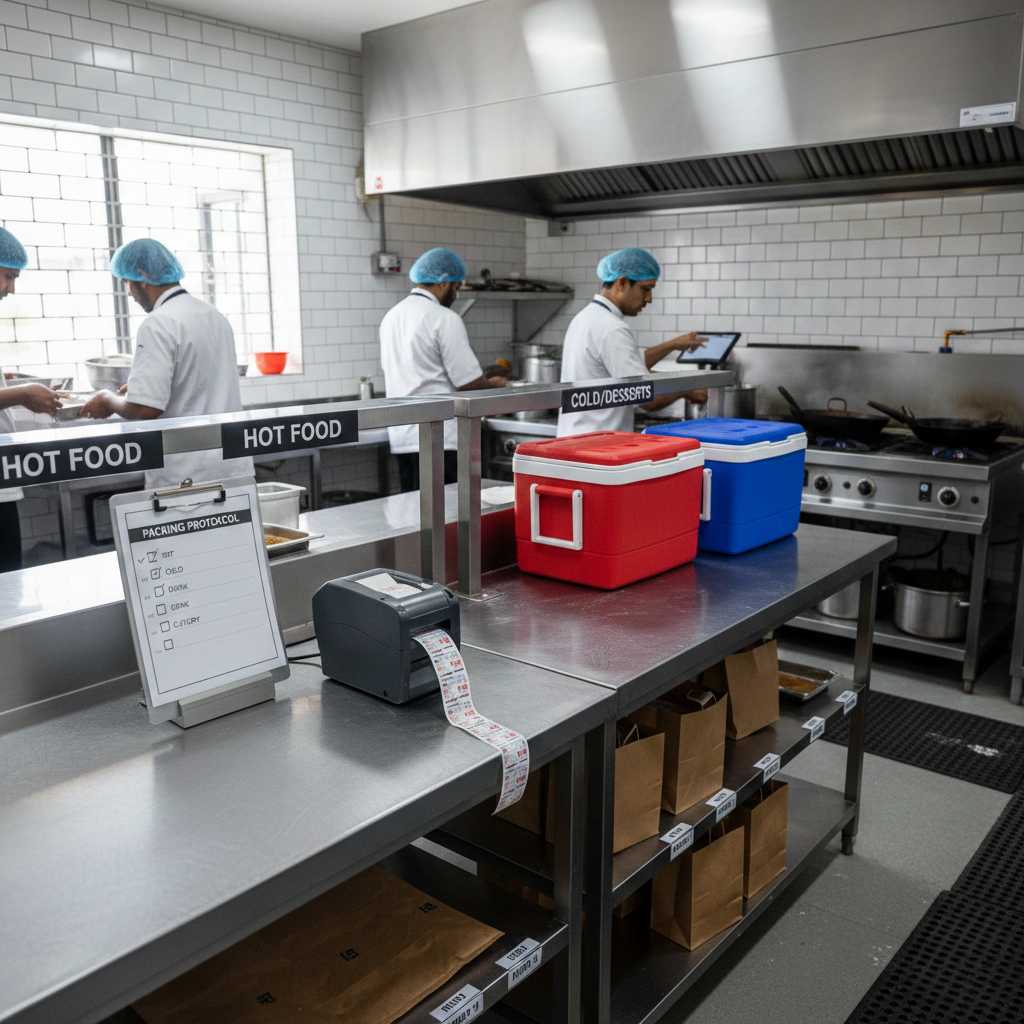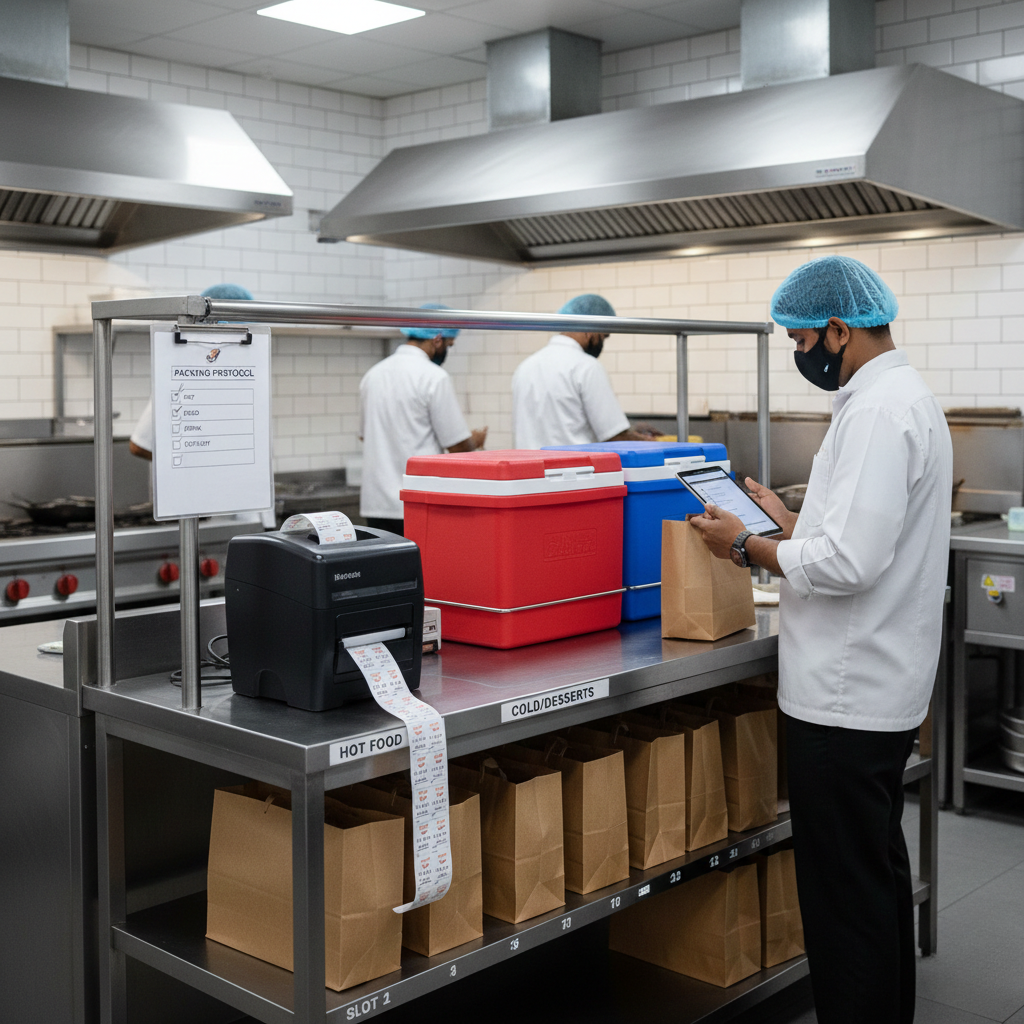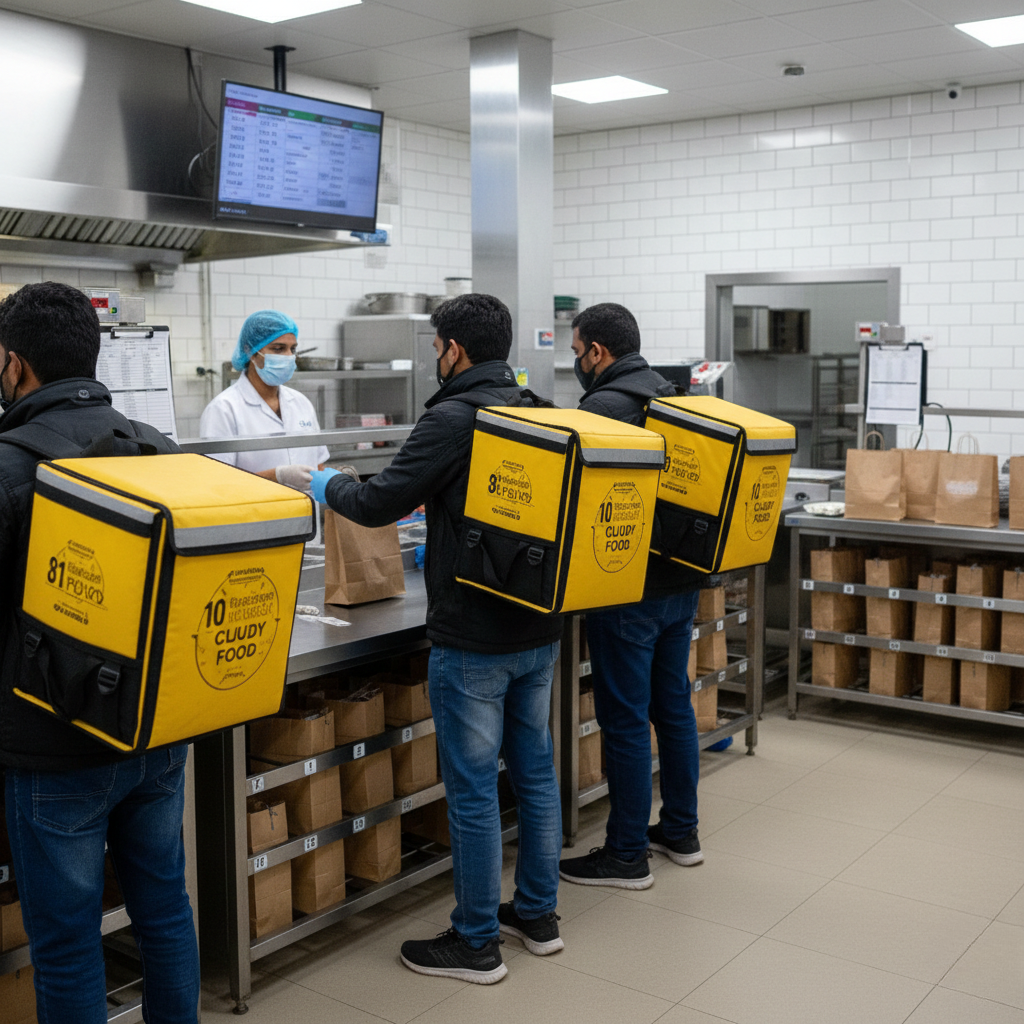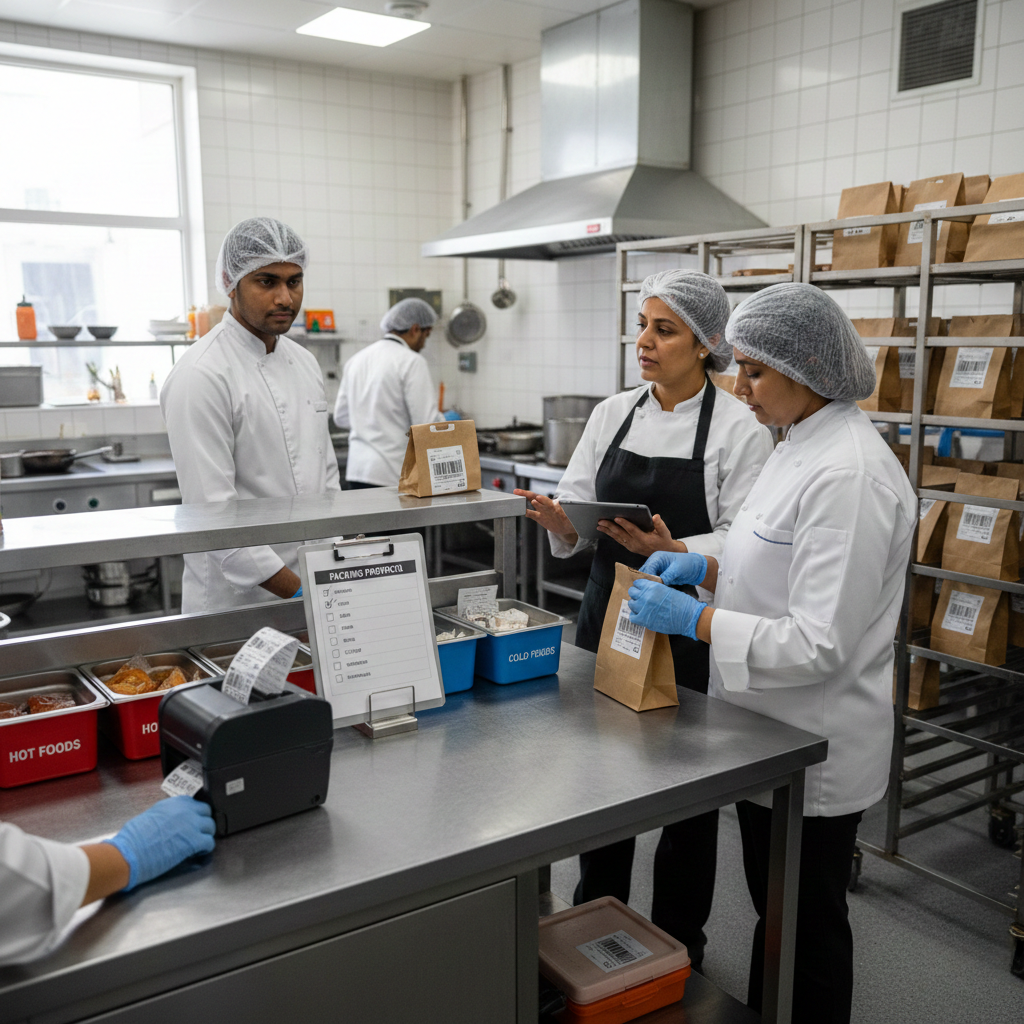The debate between food franchises and independent restaurants is one that often intrigues aspiring restaurateurs. While both have their merits, food franchises consistently stand out as the more reliable and profitable option for those looking to enter the food and beverage industry. Here’s a detailed exploration of why food franchises are better than independent restaurants, highlighting the benefits that make them a preferred choice.
1. Established Brand Recognition
One of the biggest advantages of investing in a food franchise is the instant brand recognition it offers. Customers are more likely to trust and visit a known brand rather than take a chance on an unknown independent Food Franchises sugoi ramen This trust translates to steady foot traffic and sales from day one, eliminating the need to build a reputation from scratch.
Example: A well-known franchise like Domino’s or Subway attracts customers nationwide, whereas an independent restaurant must work hard to earn local loyalty.
2. Proven Business Model

Franchises operate on a tried-and-tested business model, reducing the risks associated with startups. Independent restaurants often struggle to find the right menu, pricing, and operational strategies, but franchises Food Franchises provide a pre-set system that has already been fine-tuned for success.
What This Means for You: You avoid the trial-and-error phase, saving time and resources while maximizing profitability.
3. Marketing and Advertising Support

Franchises benefit from centralized marketing efforts that independent restaurants can rarely afford. National campaigns, social media ads, and local promotions organized by the franchisor help franchises maintain visibility and attract customers consistently.
Independent Restaurants’ Challenge: Owners must handle all marketing efforts themselves, which can be time-consuming and costly.
4. Training and Operational Support

When you join a franchise, you receive comprehensive training and ongoing operational support. This assistance ensures that even newcomers to the food industry can manage their business effectively.
Key Benefits:
- Training programs cover everything from food preparation to customer service.
- Franchisors provide tools and resources for smooth operations.
Independent Restaurants’ Reality: Owners must learn everything independently, which can lead to costly mistakes
5. Lower Risk, Higher Success Rate
Franchises generally have a higher success rate compared to independent restaurants. According to industry studies, the failure rate for independent restaurants within the first five years is significantly higher than that of franchises. The established processes, customer loyalty, and support systems provided by franchisors contribute to this stability.
6. Economies of Scale

Franchises benefit from bulk purchasing power for ingredients, equipment, and supplies. This significantly reduces operational costs, a luxury independent restaurant owners often lack.
Example: A franchise chain like McDonald’s can negotiate better deals with suppliers due to its scale, while independent restaurants must pay standard market rates.
7. Scalability and Growth Opportunities
Franchises offer easier pathways to expansion. Once you establish one franchise location successfully, opening additional locations becomes simpler with the backing of the franchisor. Independent restaurants, on the other hand, must create new systems and strategies for each new location.
8. Access to Established Supply Chains

Food franchises provide access to reliable supply chains, ensuring consistent quality and timely delivery of ingredients. Independent restaurants often struggle with supplier reliability, which can affect food quality and service.
9. Built-in Customer Loyalty
Many franchises come with a loyal customer base that already loves and trusts the brand. Independent restaurants must build this loyalty over time, which can be challenging in competitive markets.
10. Technology and Innovation

Franchisors often invest in the latest technology, such as online ordering systems, delivery apps, and inventory management tools. Independent restaurants, especially small ones, may lack the resources to implement such innovations.
Conclusion:
Food franchises provide a structured, low-risk entry into the food industry. With established brand power, a proven business model, and robust operational support, they minimize the challenges faced by independent restaurants. While independent restaurants allow for more creative freedom, the advantages of franchising\u2014lower risk, higher success rate, and scalability\u2014make it a clear winner for most entrepreneurs. Investing in a food franchise is not just a business decision; it’s a strategic move towards long-term profitability and growth. If you’re considering entering the food industry, a franchise is your best bet to achieve success with confidence.
FAQ
1 What makes food franchises more reliable than independent restaurants?
Food franchises benefit from established brand recognition, operational systems, and marketing strategies, making them more predictable and reliable.
2 Are food franchises easier to scale than independent restaurants?
Yes, food franchises come with a proven business model, making it easier to expand and replicate success compared to independent restaurants.
3 What are the advantages of choosing a food franchise over starting an independent restaurant?
Franchises provide support, training, brand power, and a higher success rate, which independent restaurants might lack when starting from scratch.
4 Do food franchises have a higher chance of profitability than independent restaurants?
Franchises typically have a higher chance of profitability due to their established market presence, effective operations, and ongoing corporate support.
5 How can I find the best food franchise for my investment?
Look for franchises with a proven track record, strong brand presence, and solid franchisee support to ensure your investment is worthwhile.





